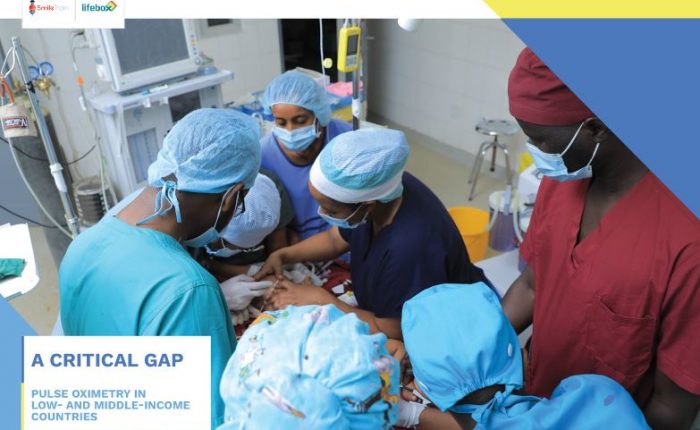
Report: A Critical Gap
Pulse Oximetry in Low- and Middle-Income Countrie
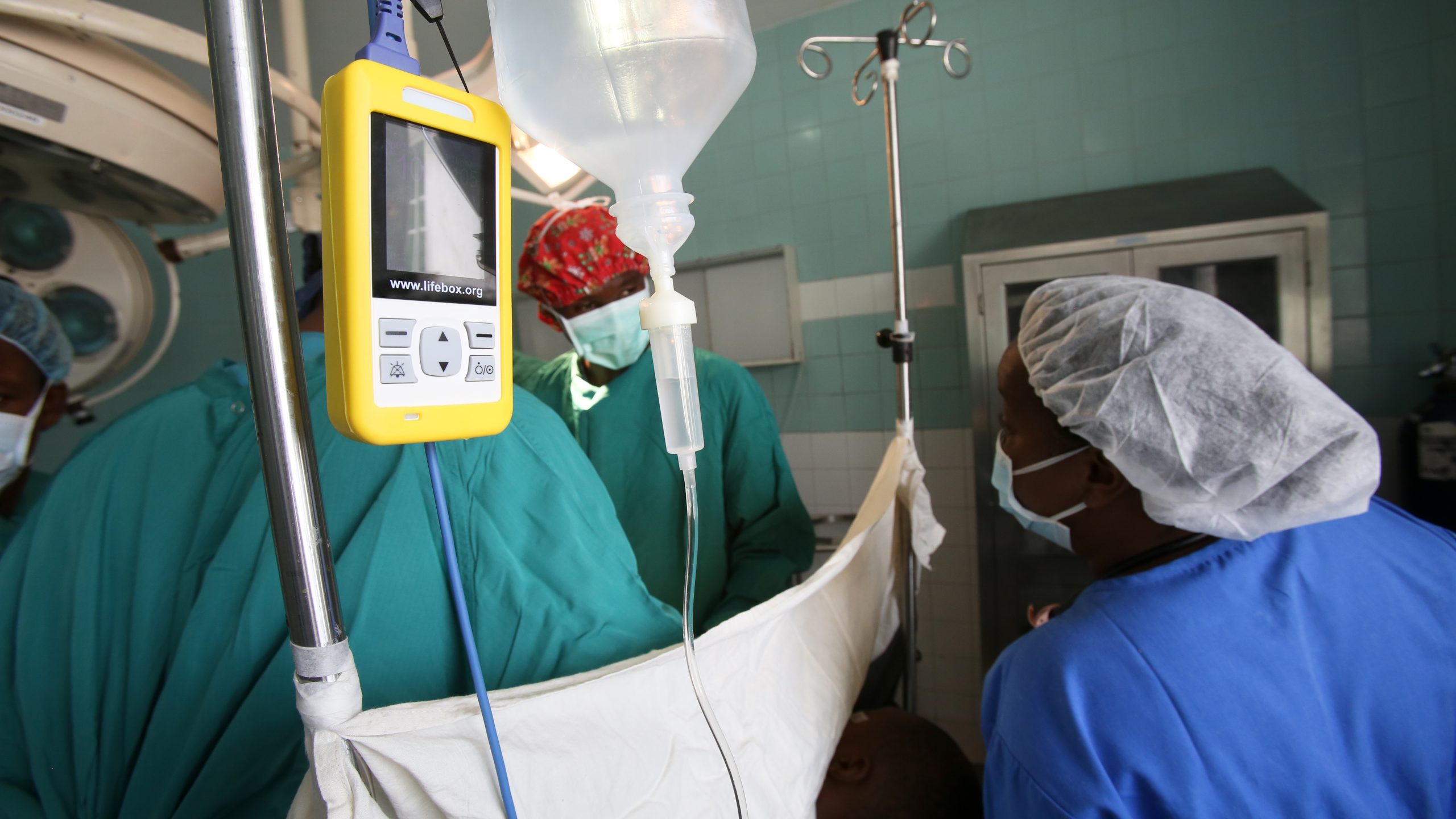
Equipping anesthesia providers with pulse oximeters to make anesthesia safer
A pulse oximeter is an essential piece of monitoring equipment that keeps patients safe during – and after – surgery.
Pulse oximeters measure how well oxygen is being sent around a person’s body: If the oxygen level starts to drop, the beep of the oximeter changes and an alarm warns that lifesaving action is needed. A single pulse oximeter can keep thousands of surgical patients safe each year.
A pulse oximeter is the only piece of equipment included on the WHO Surgical Safety Checklist and is a minimum standard for safe anesthesia. Yet operating rooms across the world still lack this essential device – putting millions of lives at risk. Lifebox works to address this gap – distributing high quality oximeters alongside training.
Lifebox pulse oximeters are devices that meet specifications for use in low-resource settings – with robust construction and rechargeable batteries that stay on even when the power fails.
distributed to anesthesia providers in 116 countries
in low and lower-middle income countries²
in low and lower-middle income countries²

“I was in Burundi [when] there was a power cut, we had no electricity, but our Lifebox pulse oximeter was fully charged. We used it to monitor the patient and the surgery was safer. That patient was saved and from that day I will not miss having a pulse oximeter in my box."William Baraka, anesthesia provider, BIOGLODI Medical Center, Bukavu, South Kivu province, Democratic Republic of Congo
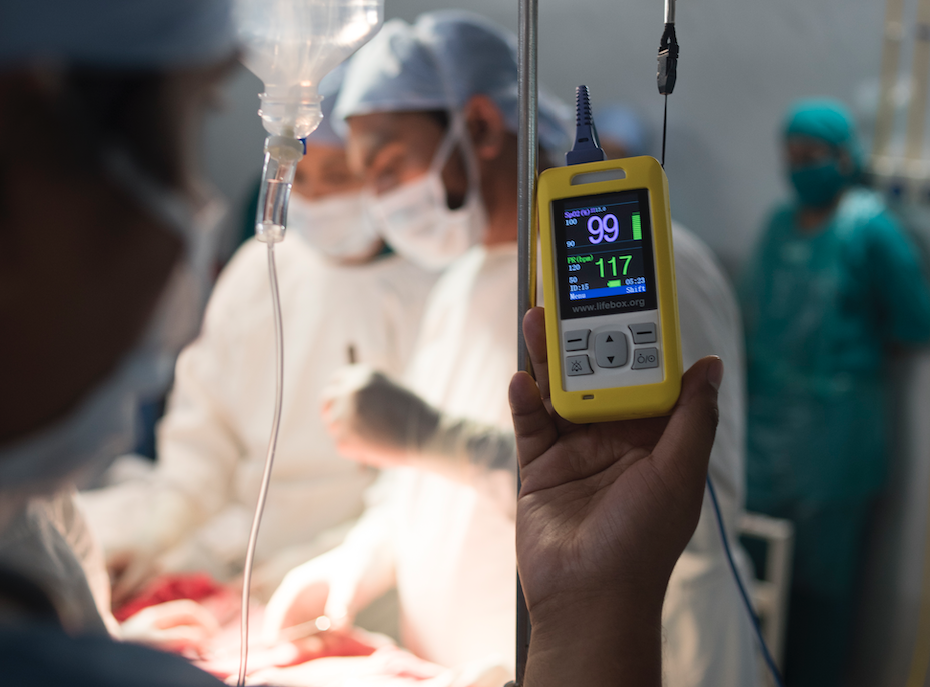
When Lifebox was founded, 77,000 operating rooms around the world lacked a pulse oximeter.1 To date, we have distributed more than 37,000 pulse oximeters to healthcare providers alongside training to improve anesthesia safety. Yet research shows that in low-resource settings, 15% of operating beds and 42% of recovery beds in postanesthetic care areas lack a pulse oximeter.²
We remain committed to improving anesthesia safety through pulse oximetry. If you would like to request an oximeter or make a purchase, please email [email protected]

Lifebox pulse oximeters are devices that meet specifications for use in low-resource settings - with robust construction and rechargeable batteries that stay on even when the power fails.
Find out more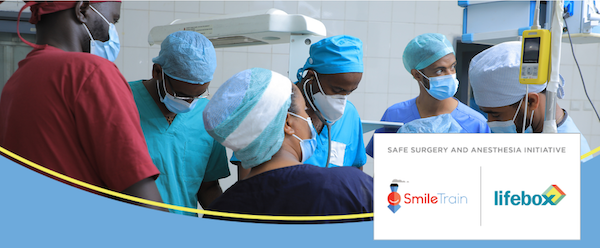
A Smile Train-Lifebox report on pulse oximetry in low-and middle-income countries

Pulse Oximetry in Low- and Middle-Income Countrie
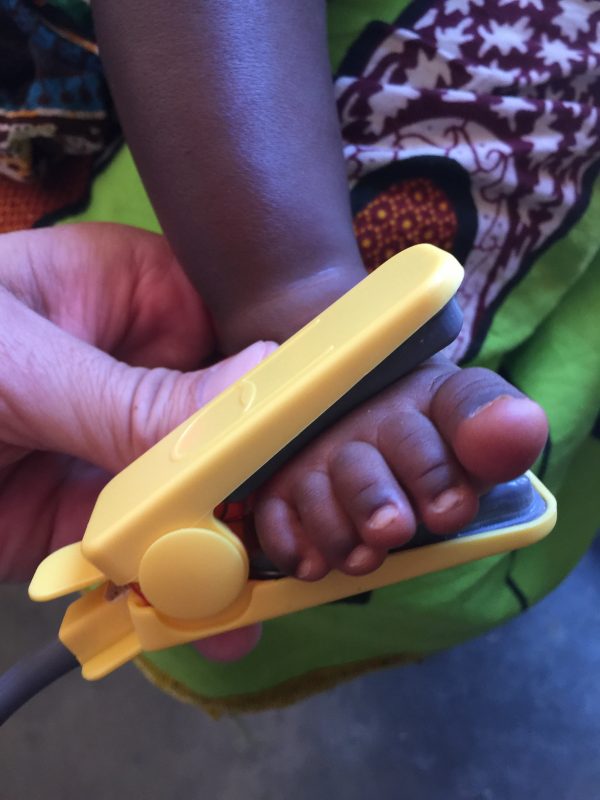
Pulse oximeters enable the diagnosis and monitoring of patients with pneumonia at the primary care level
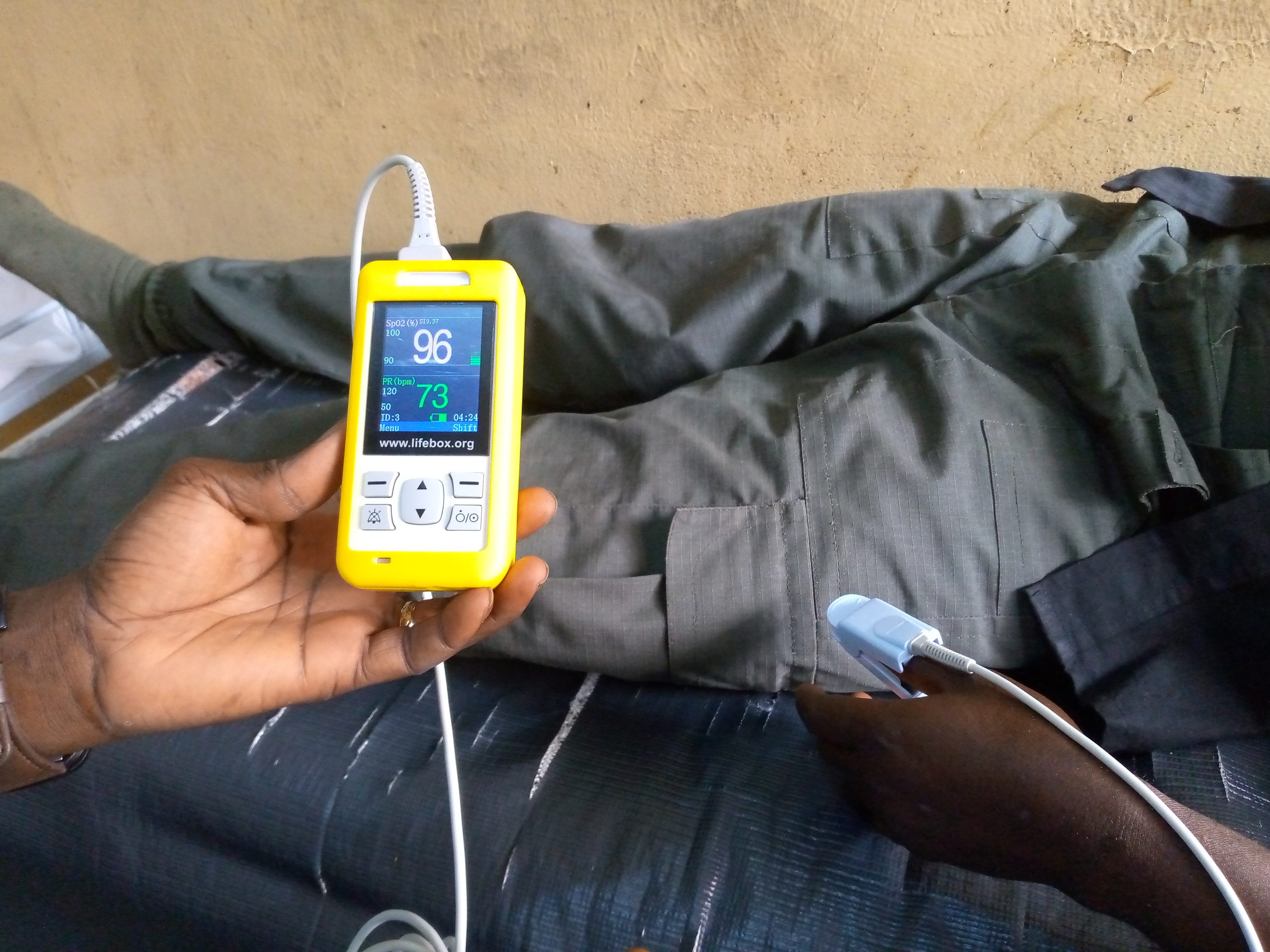
Pulse oximeters are a critical tool in the management of COVID-19 patients

Sign up to our free, interactive online pulse oximetry course for improved patient care.
The Lifebox Make it 0® campaign aims to close the global pulse oximetry gap
1 Funk, LM et al, ‘Global operating theatre distribution and pulse oximetry supply: an estimation from reported data’ in The Lancet Published:July 01, 2010 DOI:https://doi.org/10.1016/S0140-6736(10)60392-3
2 Starr N, Capo-Chichi N, Moore J, Shreckengost CH, Fernandez K, Ambulkar R, et al. Perioperative Provider Safety in Low- And Middle-income Countries during the COVID-19 Pandemic: A Call for Renewed Investments in Resources and Training. Annals of Surgery. 2021 Dec 1;274(6):E525–627.

